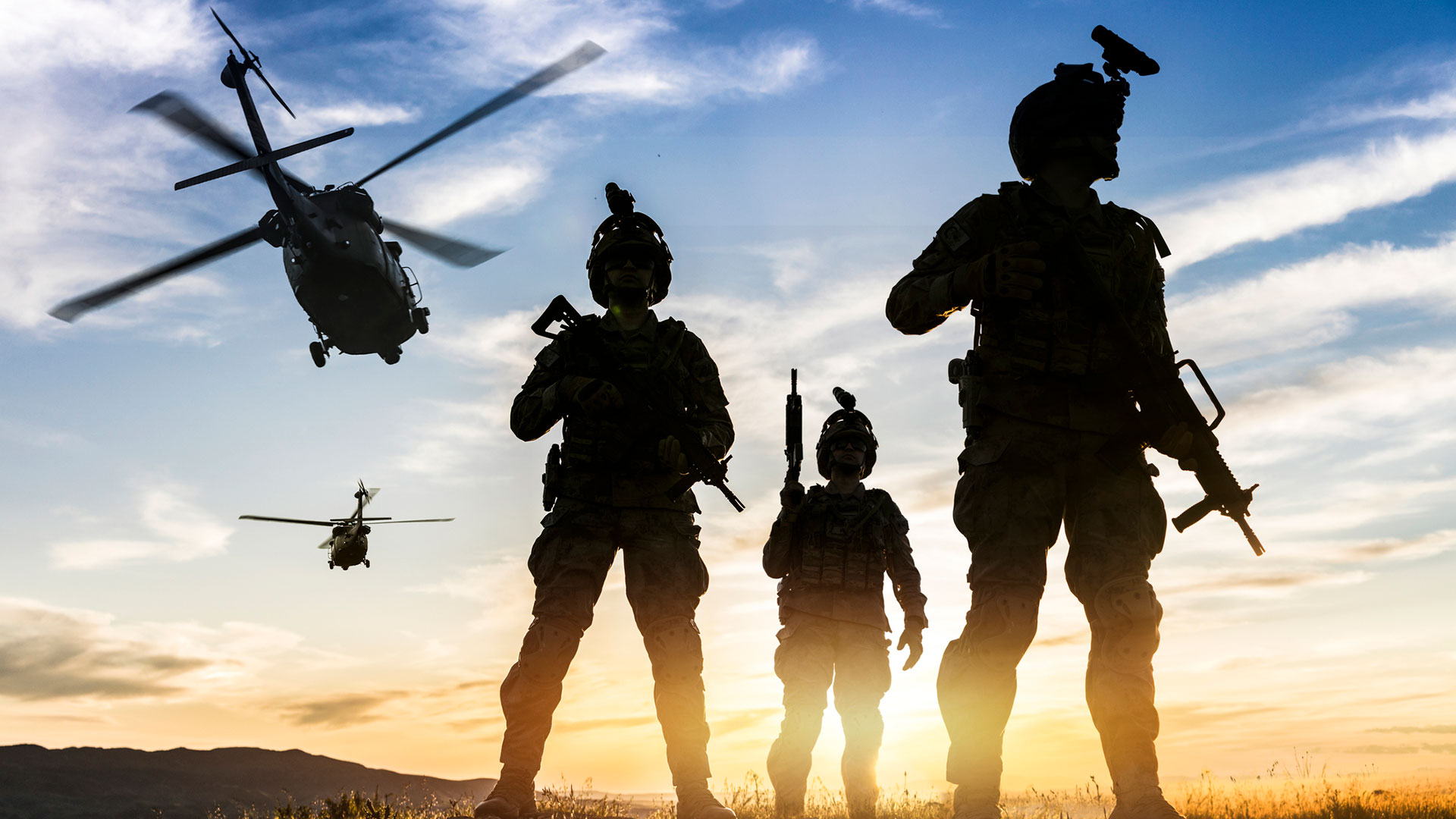When we think of our country’s identity, we may think of its geography, history, or cultural heritage. However, one often overlooked aspect of national identity is the military’s role in shaping it.
Throughout history, the military has profoundly impacted national identity, from fighting for independence to safeguarding national interests.
This article compares how the military has shaped national identity in different countries and why its role is so crucial.
Let us begin by looking at the United States, where the military has significantly shaped American identity. From the American Revolution to World War II and beyond, the US military has fought in countless conflicts at home and abroad.
These experiences have instilled a deep sense of patriotism and pride in the country’s citizens, with the military symbolizing the nation’s strength and unity. The military’s values of honor, duty, and sacrifice have become ingrained in the American psyche, and its servicemen and women are revered as heroes.
This admiration is evident in the way veterans are celebrated, with Memorial Day and Veterans Day being national holidays.
In contrast, Japan’s military has played a very different role in shaping the country’s identity. Following World War II, Japan was demilitarized, and pacifism became a fundamental tenet of Japanese society.
The country’s constitution even renounces war as a sovereign right of the nation, and Japan’s Self-Defense Forces are strictly limited in their operations.
This shift in national identity was a deliberate attempt to distance Japan from its aggressive past and embrace a more peaceful, cooperative future.
Consequently, Japan’s military is not viewed as a symbol of national strength but as a necessary but undesirable institution.
Moving on to Israel, we find another example of how the military shapes national identity. In Israel, the military is not just a means of defense but an integral part of society.
Conscription is mandatory for both men and women, and the military is seen as a unifying force that brings together Israelis from different backgrounds.
The IDF (Israel Defense Forces) is considered a “people’s army” because it represents the entire country rather than just the elite or a particular social class. This sense of national duty and shared sacrifice has helped forge a strong Israeli identity that is deeply connected to the country’s history and struggle for survival.
Finally, let us look at Russia, where the military plays an essential role in shaping national identity. In Russia, the military is seen as a symbol of the country’s strength and sovereignty, and its history is intertwined with the nation’s identity.
From defeating Napoleon to World War II and beyond, the Russian military has played a decisive role in defending the country’s interests.
Today, the military is a vital part of Russian society, and its soldiers are seen as the guardians of the nation’s honor and integrity. The military’s role in shaping national identity is so important that President Putin has prioritized modernizing and strengthening the armed forces.
In conclusion
The military’s impact on national identity cannot be overstated. Whether viewed as a symbol of strength and unity or a necessary evil, the military plays a crucial role in shaping a country’s identity.
Its values of honor, duty, and sacrifice are often woven into a country’s cultural fabric, and history is a testament to a nation’s struggle for survival. By exploring how the military has shaped national identity in different countries, we better understand its role in shaping our identity.


